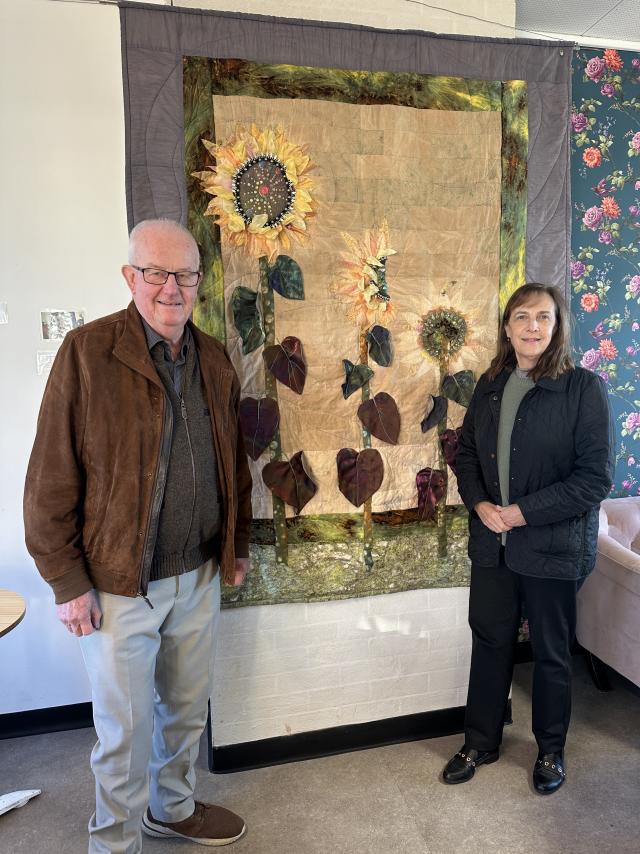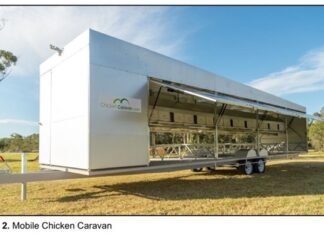In our roles as co-chairs of the Domestic and Family Violence Prevention Council we are extremely lucky to visit with communities throughout Queensland.
Some of the most rewarding visits are to country towns where the quality of life is reflected in a commitment by local residents to making their community the best place it can be and characterised by people giving up their time and skills as volunteers in sport, organisations and other activities.
This also seems to be enabled by the lack of anonymity unlike in major cities where people often don’t know the names of, or anything, about people living in their same street or apartment block.
In the pursuit of preventing domestic and family violence to the greatest extent possible, the evidence is clear that it occurs in every postcode area across Australia.
That its harmful consequences represent a national crisis – just one aspect being the damaging impact on children who witness it.
And that whilst domestic violence can occur across multiple scenarios, the vast majority of abusers or perpetrators are men and the vast majority of those who experience it are women.
So what is the reality for women in country towns and rural and remote communities who are victims of domestic violence? Some of the positive aspects can for them be a double-edged sword compared to their compatriots in the big cities.
Here, briefly are 10 examples.
The isolation aspect in remote areas
Lack of confidentiality.
Concern about privacy and being supported by relevant authority entities.
Limited professional support services for both victims and perpetrators (such as men’s behaviour change programs).
Alternative and safe accommodation.
Distance from support.
Children’s schooling options.
Financial realities.
A fear of being seen as a failure.
Ongoing issues if they leave but choose to stay in their community.
We can’t fix this overnight, but it is now no longer a behind closed doors secret.
The prevention of domestic and family violence means changing the values, attitudes, beliefs and behaviours of those who perpetrate it.
That change will only come about if in all our communities we collectively support it.
Our ask is that you be a part of that change to make our communities the best they can be.
Information, advice and support is available.
Visit qld.gov.au/domesticviolence
Vanessa Fowler OAM and Bob Atkinson AO APM co-chair the Domestic and Family Violence Prevention Council.
The Prevention Council is working to embed a zero-tolerance approach to domestic and family violence within our communities and across Queensland.









